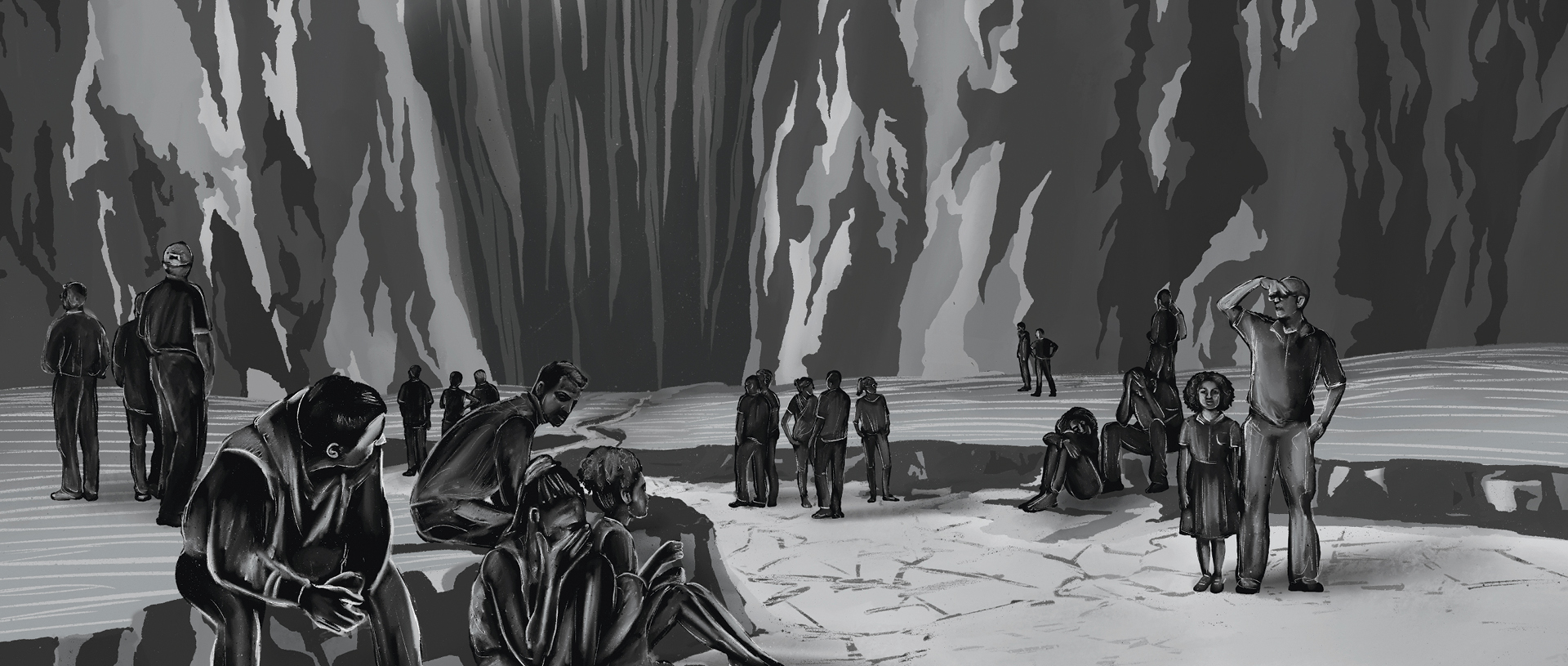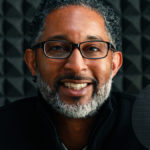
He has told you, O mortal, what is good;
and what does the Lord require of you
but to do justice, and to love kindness,
and to walk humbly with your God?
(Mic 6:8)
We know both this passage and the command it contains. Micah’s words ring out in a world that is so utterly broken and full of injustice, pride, and hatred. Reflecting on World War II, Howard Thurman, in Jesus and the Disinherited, noted that during times of war and political upheaval, hatred is much more mainstream: “It was very simple; hatred could be brought out into the open, given a formal dignity and a place of respectability.”1 He also noted that, during these times, hatred was often disguised as “patriotism.” We have recently seen our share of hatred. We have seen the damage that hatred—along with injustice and pride—leaves in its wake. It’s no wonder why Thurman calls hatred one of the “hounds of hell that dog the footsteps of the disinherited.”2 Even though his words were first published heading into the 1950s, they resound eerily today.
Thurman understood that “hatred often begins in a situation in which there is contact without fellowship.”3 This context describes people who work together, live near each other, and perhaps even worship together but do not have real fellowship with one another. Without that sense of fellowship, it is easy to treat someone as other and foreign. Once this foundation is set, the dehumanization has begun, and there is no urge for compassion and justice.
In his work, Thurman ultimately calls the Christian to a life that is centered around a love ethic. He challenges both the oppressed and the oppressor to the same ethic. Both groups are filled with hate, and hate must be destroyed. But as long as we fail to see one another and to hear one another’s stories, we will forever come into contact with each other without any sense of understanding and compassion.
We know that we are called to do justice, and that justice calls us to be mindful and compassionate of our neighbors, but we are not always sure what that looks like. In this issue, you will find voices of practitioners and scholars who each unpack justice from their perspective. How might the psychologist or the pastor respond to the call to do justice? How do issues of power affect our understanding of, and engagement with, justice? How do we approach Scripture with a justice lens? May these contributions deepen your fellowship with others, guide you toward an ethic of love, and strengthen you in your call to do justice.
Dwight A. Radcliff Jr. is academic dean for the William E. Pannell Center for Black Church Studies and assistant professor of mission, theology, and culture. His teaching and preaching have taken him across the US and abroad, and he has lectured in seminaries, universities, and conferences on topics ranging from urban church planting, culture, theology, preaching, social justice, millennials, and evangelism. He has over 20 years of experience in pastoral ministry and is pastor of The Message Center, a multicultural, multigenerational, urban congregation in Gardena, California, where he leads with his wife, DeShun Jones-Radcliff. He and his wife have two daughters.
He has told you, O mortal, what is good;
and what does the Lord require of you
but to do justice, and to love kindness,
and to walk humbly with your God?
(Mic 6:8)
We know both this passage and the command it contains. Micah’s words ring out in a world that is so utterly broken and full of injustice, pride, and hatred. Reflecting on World War II, Howard Thurman, in Jesus and the Disinherited, noted that during times of war and political upheaval, hatred is much more mainstream: “It was very simple; hatred could be brought out into the open, given a formal dignity and a place of respectability.”1 He also noted that, during these times, hatred was often disguised as “patriotism.” We have recently seen our share of hatred. We have seen the damage that hatred—along with injustice and pride—leaves in its wake. It’s no wonder why Thurman calls hatred one of the “hounds of hell that dog the footsteps of the disinherited.”2 Even though his words were first published heading into the 1950s, they resound eerily today.
Thurman understood that “hatred often begins in a situation in which there is contact without fellowship.”3 This context describes people who work together, live near each other, and perhaps even worship together but do not have real fellowship with one another. Without that sense of fellowship, it is easy to treat someone as other and foreign. Once this foundation is set, the dehumanization has begun, and there is no urge for compassion and justice.
In his work, Thurman ultimately calls the Christian to a life that is centered around a love ethic. He challenges both the oppressed and the oppressor to the same ethic. Both groups are filled with hate, and hate must be destroyed. But as long as we fail to see one another and to hear one another’s stories, we will forever come into contact with each other without any sense of understanding and compassion.
We know that we are called to do justice, and that justice calls us to be mindful and compassionate of our neighbors, but we are not always sure what that looks like. In this issue, you will find voices of practitioners and scholars who each unpack justice from their perspective. How might the psychologist or the pastor respond to the call to do justice? How do issues of power affect our understanding of, and engagement with, justice? How do we approach Scripture with a justice lens? May these contributions deepen your fellowship with others, guide you toward an ethic of love, and strengthen you in your call to do justice.

Dwight A. Radcliff Jr. is academic dean for the William E. Pannell Center for Black Church Studies and assistant professor of mission, theology, and culture. His teaching and preaching have taken him across the US and abroad, and he has lectured in seminaries, universities, and conferences on topics ranging from urban church planting, culture, theology, preaching, social justice, millennials, and evangelism. He has over 20 years of experience in pastoral ministry and is pastor of The Message Center, a multicultural, multigenerational, urban congregation in Gardena, California, where he leads with his wife, DeShun Jones-Radcliff. He and his wife have two daughters.
Dwight A. Radcliff Jr., academic dean for the William E. Pannell Center for Black Church Studies, writes about approaching Scripture with a vision that recognizes God’s holistic, healing work in a broken world.